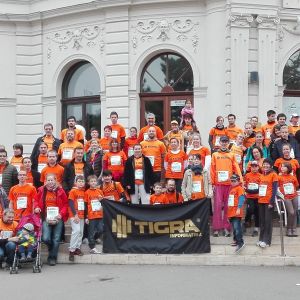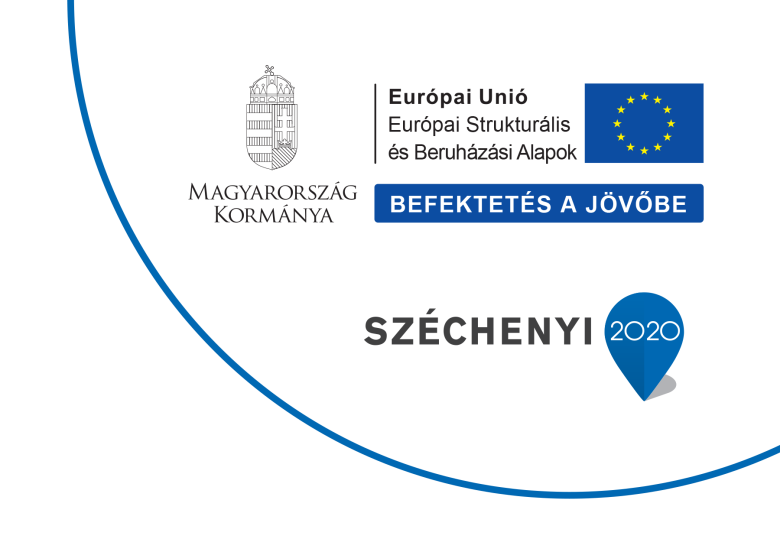Tigra Ltd. was started in 1996 in a university dormitory. It was a dorm room business in every sense of the word, an Eastern European start-up that began its market career in the flurry of political transition. It first offered copying services, which was followed by computer sales, and it was then that György Vertán, who still runs the company to this day, assigned the first programming tasks to talented fellow students of his.
Tigra, which reacted in time to constant change, opened its first copy shop in 1996: the largest and cheapest non-stop location in the capital at the time was on the premises of the Technical University of Budapest.
ABOUT US
Tigra started its software development activities in 1998: the first client of the very young company was an international company called Psion, which was involved in the development of handheld computers, the precursor to today’s smartphones. They immediately commissioned three projects: one of them was for Mol, the Hungarian oil and gas company.


Tigra’s university roots and its contacts with higher education have always defined the company’s activities and have been the source of many good opportunities.
By 1999, there were several former students working for Nokia in Finland. Through these connections, Tigra managed to bring work from the Finnish giant to Hungary. Nokia was a major partner in Tigra’s life: the Finnish tech company brought a lot of business and, thanks to the prestige this came with, Tigra was able to attract many talented employees. This cooperation lasted until 2002, when the collaboration abruptly ended. Nokia decided to outsource all its business to Indian contractors and terminated the contract with its European subcontractor.
Tigra, which by then was rolling, survived the loss of its major customer. The company developed Budapest Bank’s retail credit scoring system in the early 2000s, which the financial institution has been using ever since. In recent years, Tigra’s portfolio has increasingly included insurance sector assignments.
In 2000, it stopped retail computer sales and from then on only supplied complex corporate IT systems. In those years, Tigra was working for very large companies, including Erste Bank, Deutsche Telekom, Allianz, and T-Systems. Strategic alliances were established with a number of large vendors, with HP and Oracle products constituting the largest share.
By today, the dormitory start-up has grown into a corporate group with more than 600 employees. It has 350 in-house programmers and 120 system administrators, as well as 100 experts with irreplaceable knowledge in banking, insurance, and public administration. These experts bring the added value that differentiates Tigra from the other companies in a competitive market.
“Besides programming, we also consider it very important to consider our client’s business knowledge in our thinking.”
To this end, the company places great emphasis on understanding the needs of its customers in public administration, the banking, or the insurance sector, so that it can serve them accordingly. This also brings clear business benefits. For example, the public administration system has a completely different logic and approach from banks or insurance companies. One of the most important parts of this learning curve was the employment of some colleagues who had worked on the other side for 10-20 years, who knew the needs of the public system well, who knew how IT systems could support a complete sectoral reform.
We are proud of the systems we have implemented in the social sector, our ambulance management system for the National Ambulance Service and the E-Population Register System. One of our biggest projects at the moment is E-ing, the rewamping of the entire land registry system, which will bring about the most significant administrative reform in recent years. The introduction of the KSZDR, the Government HR Decision Support System for the public administration and its background institutions is of similar importance.
Our work with several insurance companies, including the development of the Opus insurance core system and related systems used by Allianz Insurance, is also very important to us.
The company is interested in further expansion on the longer term. There is plenty of scope for acquiring large European and American clients, and Tigra has a lot of experience and references in these areas.



